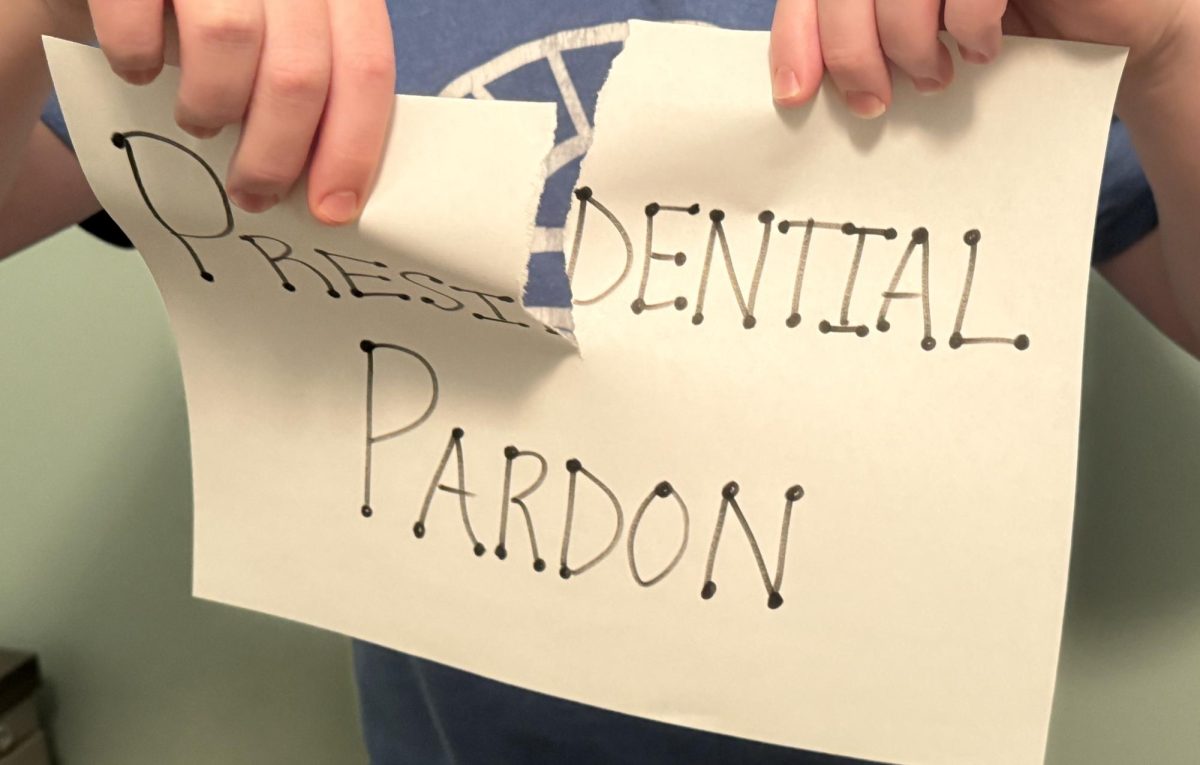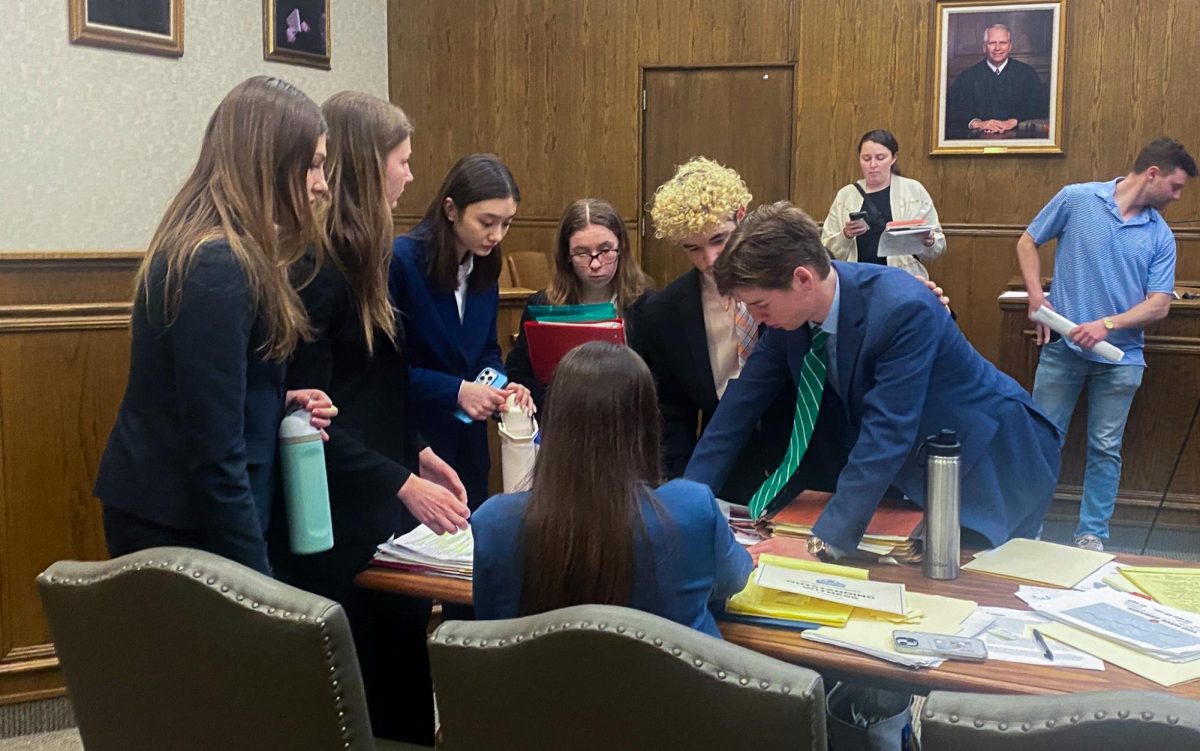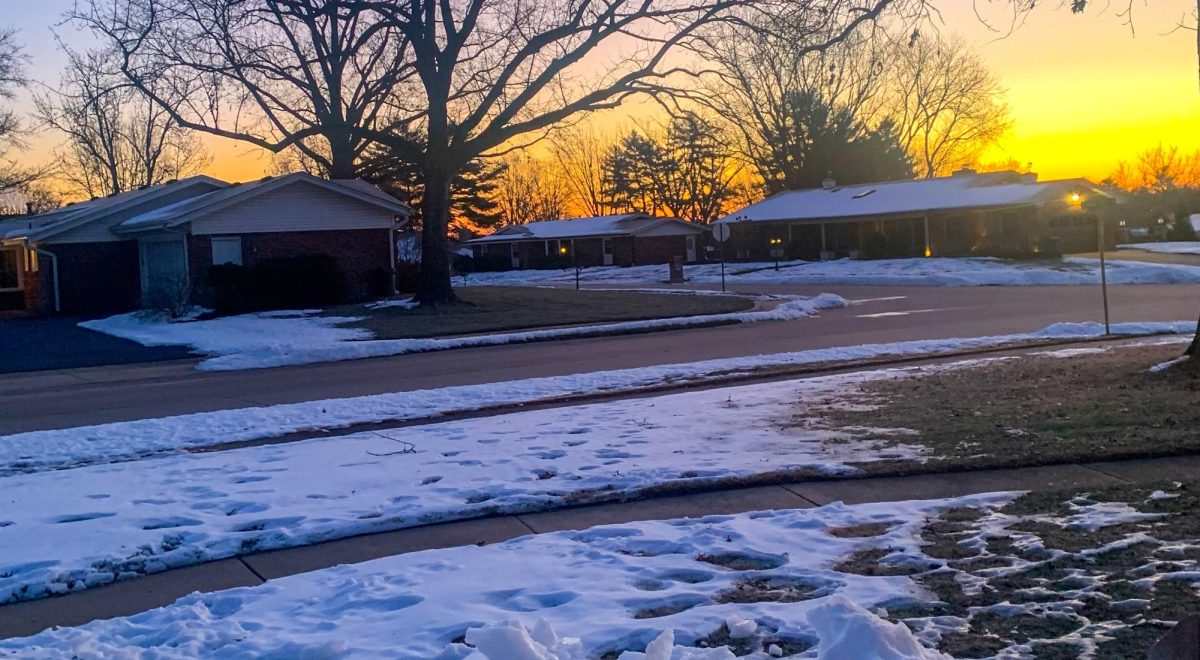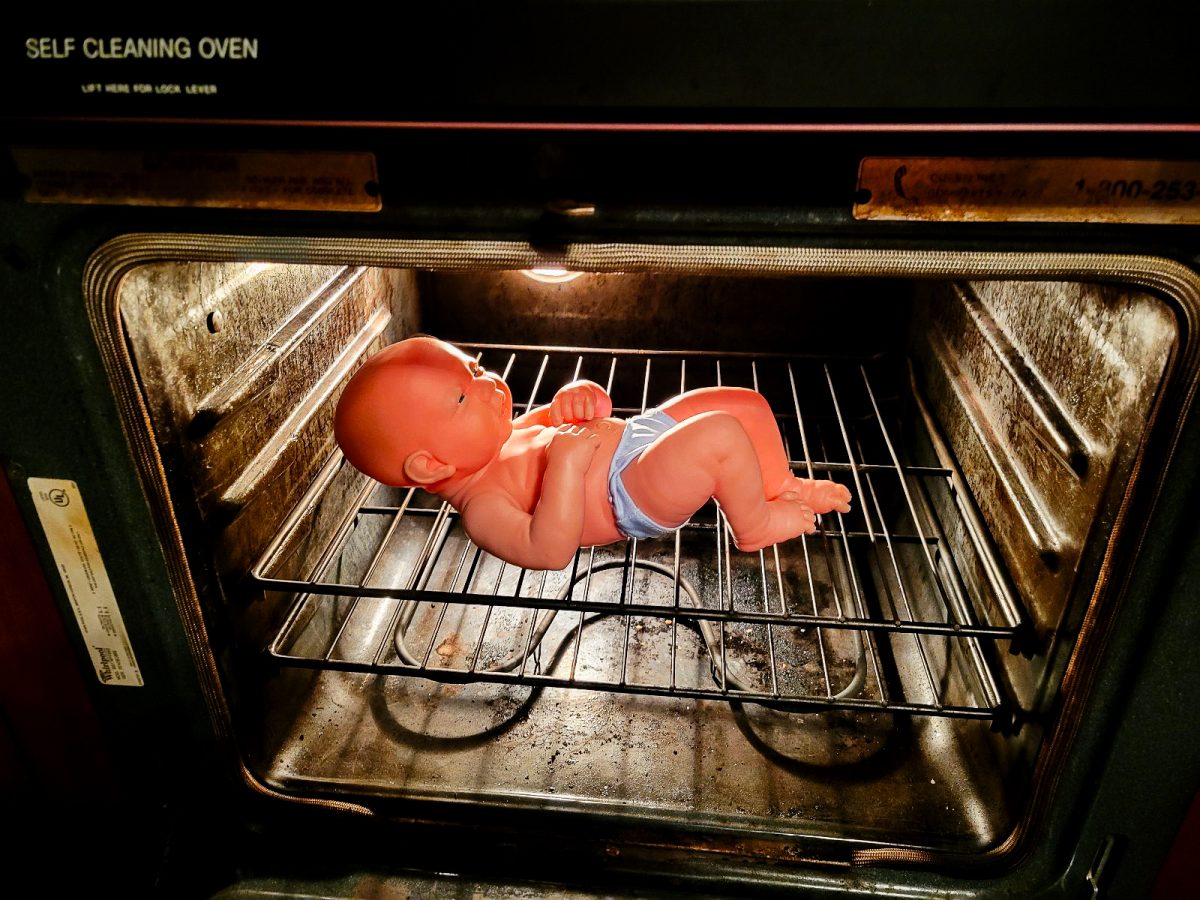The presidential pardon has been one of the powers granted to the president of the United States since the founding of our country. The ability to grant reprieves and pardons for offenses against the United States is listed in the Constitution as a power of the presidency and was originally given to presidents so that they could pardon patriots who broke the law for the benefit of the country during times of conflict.
However, over the course of American history, many presidents have used this power to serve their own ends rather than for the good of the people. Such egregious abuses of authority call into question the viability of the principle and force Americans to ask themselves the question: Is presidential pardon power still an effective and appropriate practice?
In light of this question, it’s important to examine the application of the policy in recent years. The most recent instances of the abuse of the presidential pardon can be seen in Former President Biden’s preemptive pardons and President Trump’s pardon of the January 6 aggressors.
Prior to the end of his term, Former President Biden granted preemptive pardons to several members of his administration as well as his direct family members, whom he pardoned a mere 30 minutes before President Trump’s inauguration. In addition to the preemptive pardons he granted, he also pardoned his son Hunter Biden, who was facing 17 years of prison time for tax evasion, and another 25 years for lying on background check for a handgun about his history of drug usage.
These blatant exercises of nepotism via the presidential pardon power show that in the hands of politicians who put their own interests above those of the country, this ability can be used to allow their loved ones to circumvent the consequences of their crimes. Such a practice is not only a gross abuse of the system, but also violates the one of the core principles of American society, that all people are equal under the law.
Unfortunately however, Former President Biden’s pardons are not the only recent example of how the presidential pardon power can be abused. After Trump’s inauguration, he made a political move that shocked the nation: he pardoned all of his supporters that participated in the January 6 attack on the capital. In total, over 1500 people who actively took part in the raid on the capital of the United States of America were granted full amnesty for their crimes.
Not only did these pardons set free the perpetrators of violent dissent against the capital, but they also took the “to the victor goes the spoils” approach to party politics a step further than it ever needed to go. In freeing the prisoners who participated in a violent raid of the capital, President Trump set the precedent that if you commit a crime against your country in the name of a politician you represent, as long as they regain power, you will not have to face the consequences of your actions.
Despite the abuses of power that have tainted the legacy of the presidential pardon, when it was first introduced to the Constitution, its purpose was to protect patriots who were unjustly sentenced. George Washington himself was the first president to use the pardon power to rescind the sentences of participants in the Whiskey Rebellion, a violent protest that erupted as a response to the Whiskey tax imposed to pay off the debt incurred during the Revolutionary War.
All in all, despite the legitimacy and integrity of the founding fathers’ original intentions for the presidential pardon, over the course of American history and in recent decades especially, the leaders of our country have proven time and again that the ability to pardon anyone for any crime puts too much power in the hands of broken human beings who will put their own interests before that of the country. Ultimately, the right of the president to grant reprieves and pardons in itself can be used in a way that benefits the country as a whole, however, clear parameters need to be set in order to prevent it from being abused.









